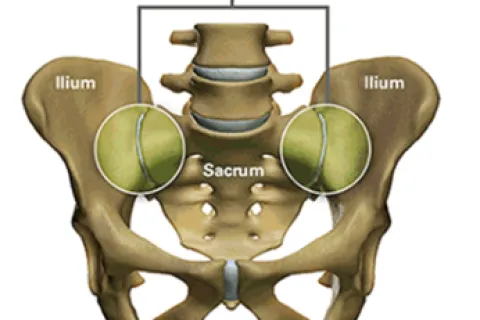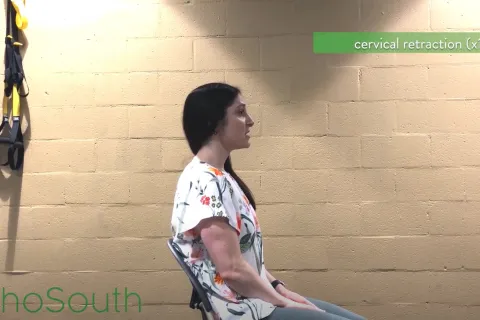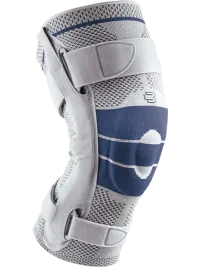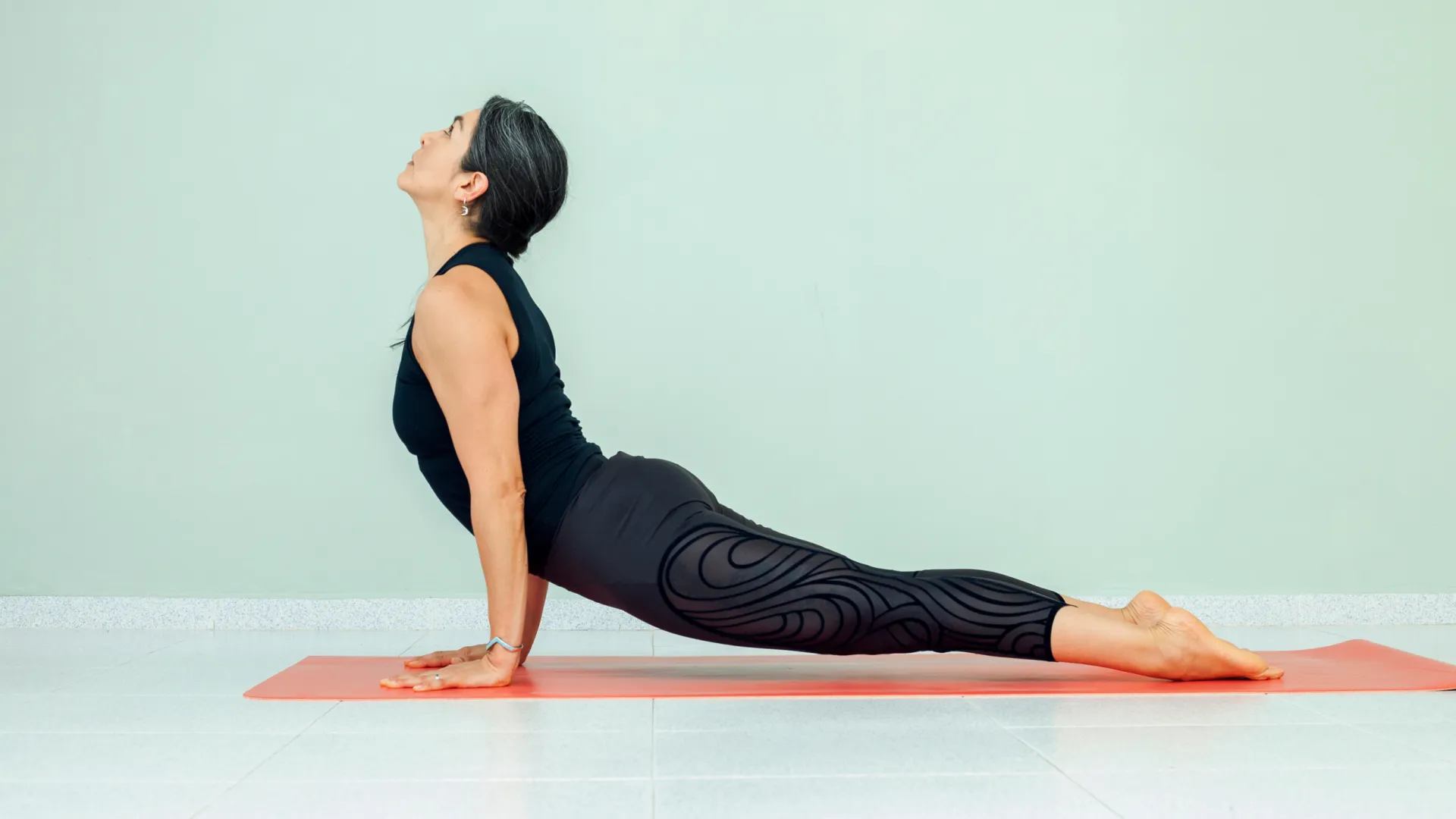

The Intersection of Neurosurgery, Orthopedics, & Rehabilitation for Comprehensive Spine Care
ARE YOU READY FOR ANSWERS?
Welcome to the
OrthoSouth Spine Institute
Managing back pain and neck pain requires a coordinated, patient-centered approach, and that's exactly what we offer at the OrthoSouth Spine Institute. Our highly skilled team of neurosurgical and orthopedic spine surgeons, non-operative spine doctors, advanced practice providers, and physical therapists collaborate closely to deliver effective treatment for your back or neck condition. Unlike traditional spine centers located in a single clinic, our Spine Institute spans multiple OrthoSouth locations, making expert care for your back pain and neck pain accessible and convenient no matter where you are in Memphis or the Mid-South.
What to Expect
When You Visit OrthoSouth for Your Back Pain
At OrthoSouth, our spine team understands the unique challenges faced by patients dealing with back pain and neck pain. We are implementing specialized care pathways designed specifically to address back pain and related conditions. Our mission is to simplify your patient journey and provide you with confidence that you are on the best treatment path tailored to your individual needs, using our full range of expertise and advanced knowledge for your benefit.
Patients new to OrthoSouth should expect a 5-star patient experience - you deserve it! The OrthoSouth team is here to help you enjoy the smoothest and easiest care experience possible. Established patients should expect the same great care you've come to know with your OrthoSouth provider, as well as a few enhancements designed to take your visit to the next level.
All patients should expect personalized, empathetic care in a warm and friendly environment, a short wait before seeing your provider, and the most conservative treatments appropriate for your situation. Many patients will receive imaging at the initial visit, and often a referral for physical therapy after the consult.
What if I Need Surgery?
Most patients with back/neck pain or spine conditions don't need surgery. The small group who do need surgery usually do not require surgery immediately, so an initial attempt at non-operative care is often recommended. When a spine problem does require surgery, our highly skilled and experienced surgical teams are ready to step in. At any point during your care, if you are identified as needing urgent surgery, you will be referred directly to one of our spine surgery specialists in the Memphis area.
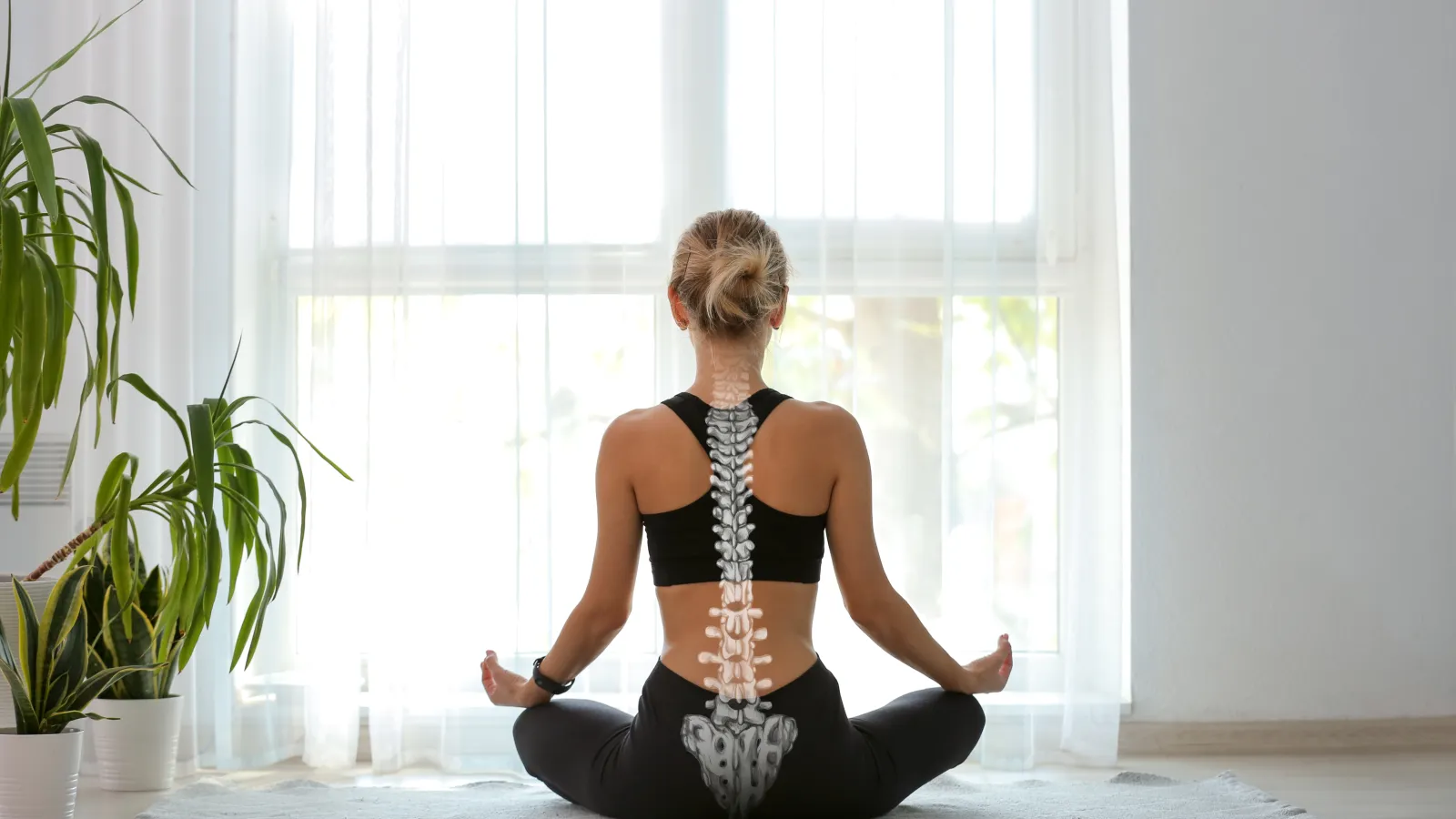
Meet Your Back & Neck Team
At the OrthoSouth Spine Institute, we take an integrated approach to managing a wide range of injuries and conditions affecting the spine. Our dedicated team includes highly skilled neurosurgical and orthopedic spine surgeons, non-operative spine specialists, advanced practice providers, and physical therapists, all working together to coordinate your care and provide the treatment you need when you need it.
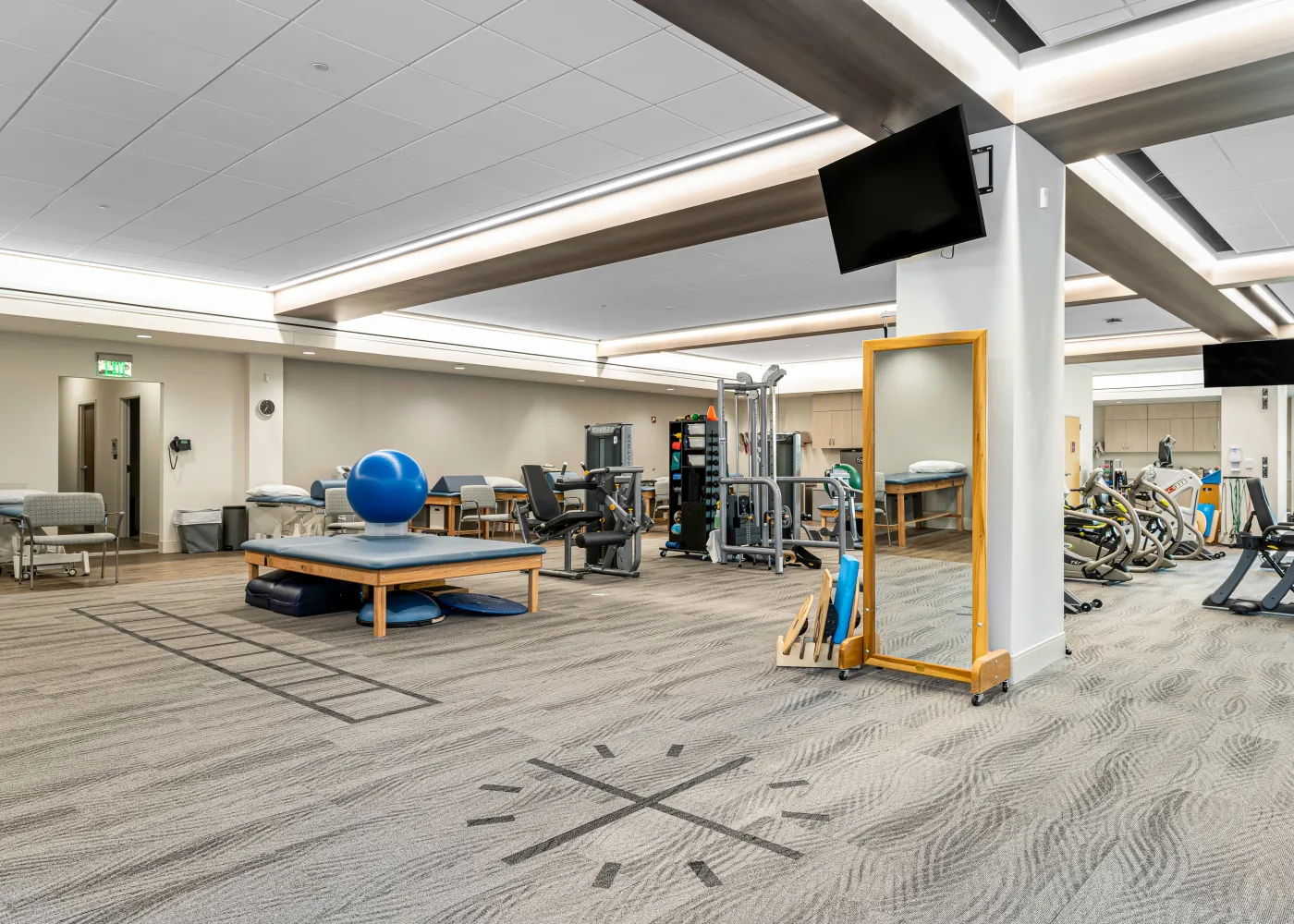

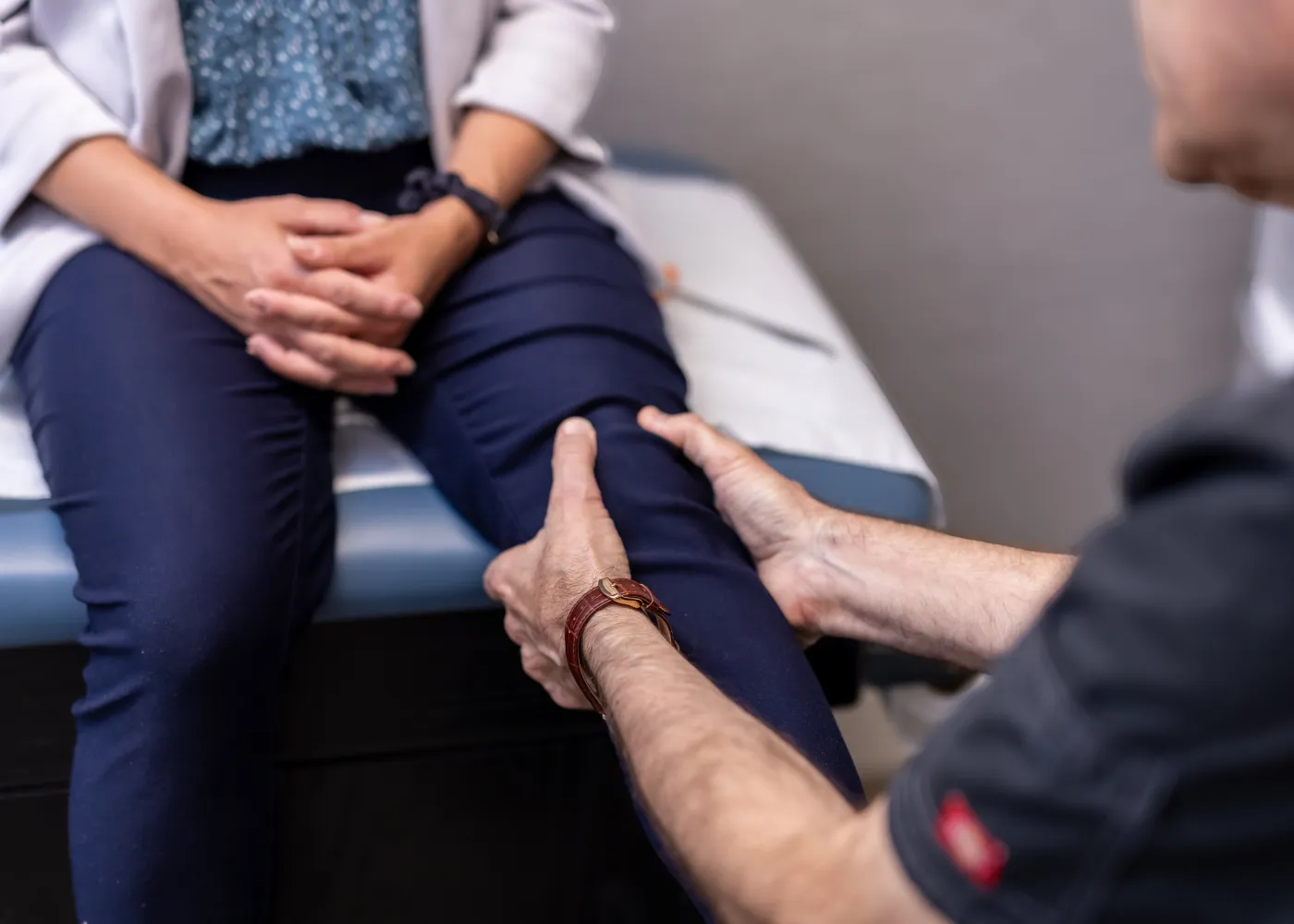
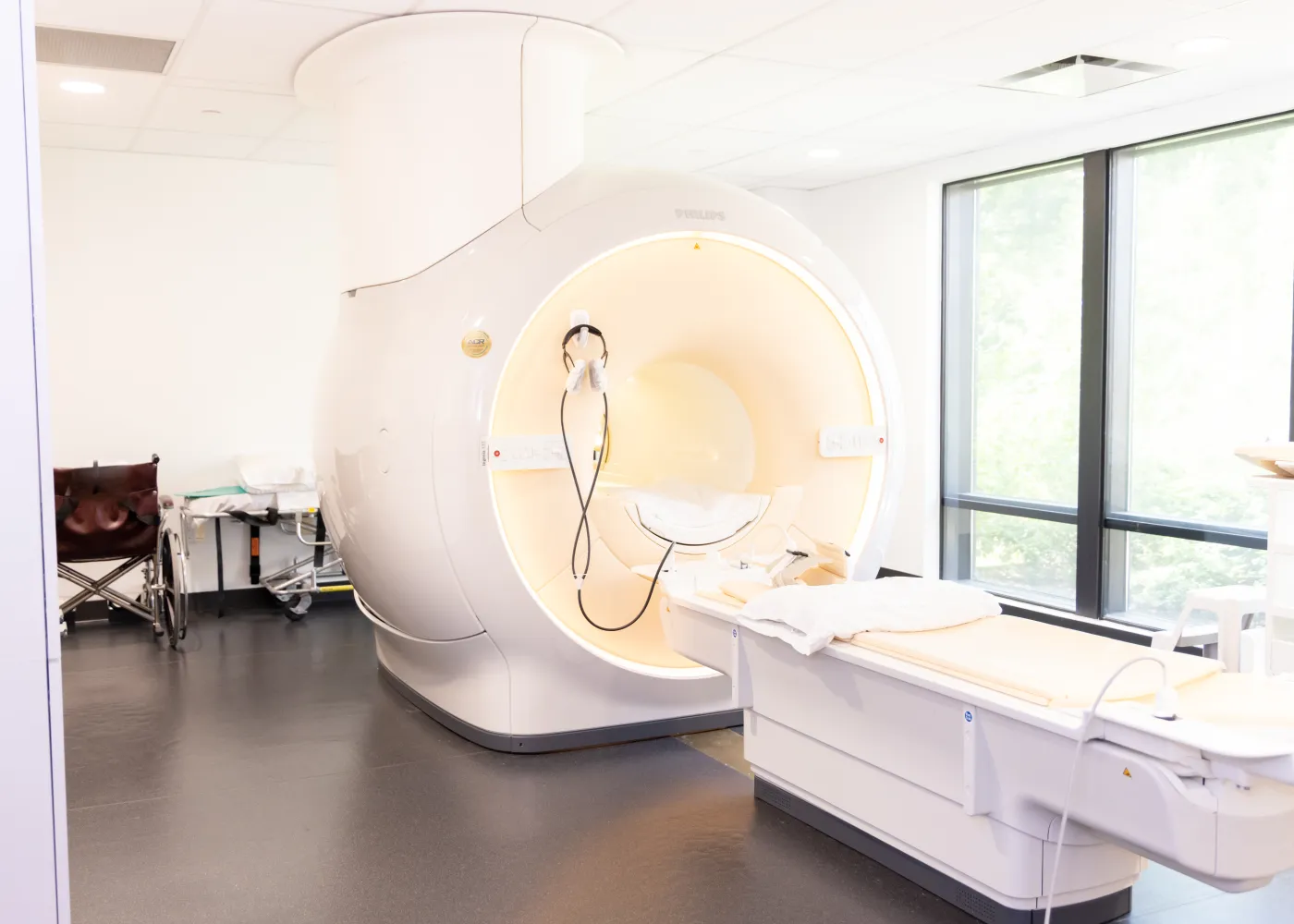
We Are Committed to Your Health
With a Broad Range of Services to Meet Your Needs
At OrthoSouth, our Physical Therapy program is committed to providing exceptional rehabilitative care for a variety of orthopedic conditions, including back pain and neck pain. We take a collaborative team approach, uniting board-certified orthopedic surgeons with licensed physical and occupational therapists who possess advanced training and certifications in orthopedic rehabilitation. Together, your physician and therapist will create a personalized program designed to relieve your back pain and restore your mobility using the latest techniques, state-of-the-art equipment, and expert skills.
OrthoSouth physical therapists are conveniently located at 10 sites across Memphis and the Mid-South.
At OrthoSouth, we are dedicated to integrating Orthobiologic science and techniques into our practice with a patient-centered approach. Our physicians actively engage in certification courses and continuing medical education to stay updated on the latest advancements, ensuring we focus on treatments that offer the greatest potential benefit. By collaborating in committee, we establish standards for our approach while tailoring individualized treatment plans for each patient.
Our orthobiologic specialists see patients at convenient locations across Memphis, Germantown, and Bartlett.
At OrthoSouth, we are proud to serve Memphis and the Mid-South with comprehensive care tailored specifically to your back and neck pain. We understand the unique needs of our community and offer a full range of treatments—from physical therapy and conservative management to advanced surgical options when necessary. Our focus on orthopedics means we address the musculoskeletal system, including the spine, muscles, nerves, and supporting tissues that affect your comfort and mobility. Our experienced orthopedic providers are dedicated to diagnosing and treating the full spectrum of back and neck conditions and injuries, helping you regain function and improve your quality of life right here in the Mid-South.
At OrthoSouth, we provide advanced imaging services, including MRI and X-ray, specifically tailored to diagnose and treat back and neck pain. Our state-of-the-art imaging technology allows us to accurately identify the root causes of your discomfort, ensuring you receive comprehensive, personalized care. This precise diagnosis is essential in creating effective treatment plans that guide you smoothly from evaluation to recovery.

















